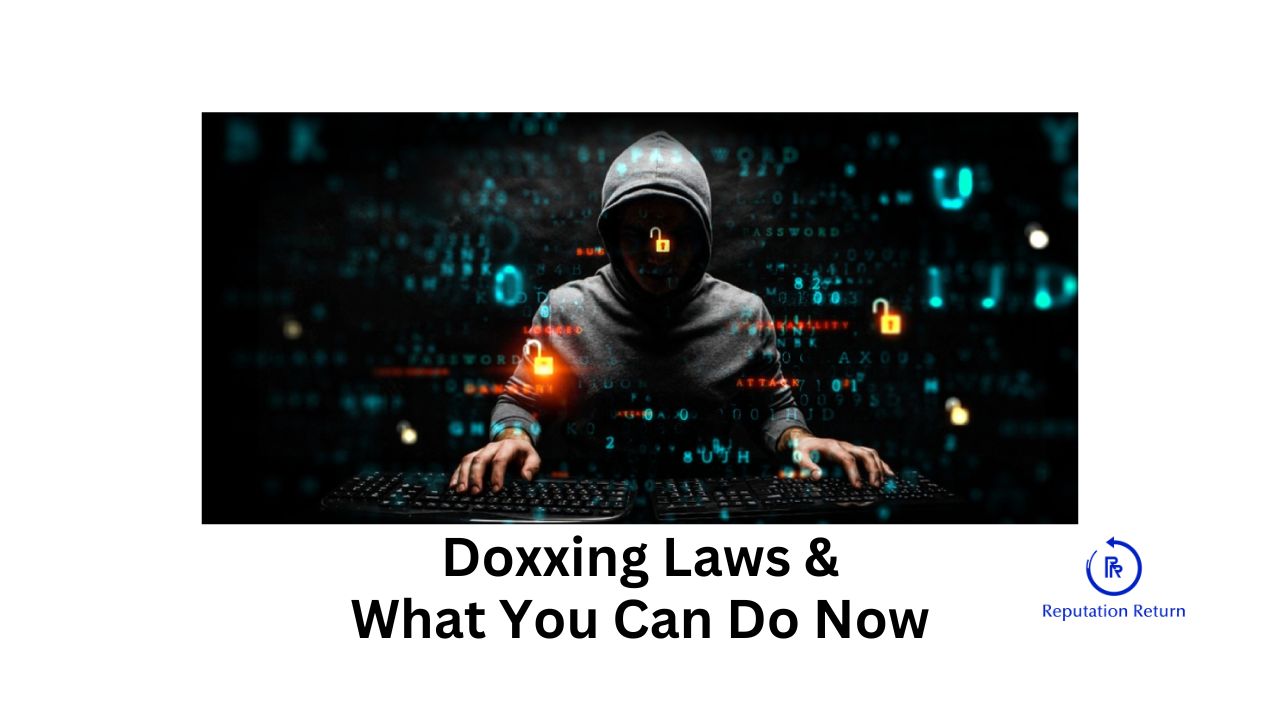What is Doxxing?
Doxxing, short for “dropping documents,” refers to the practice of publicly revealing private, sensitive, or personally identifiable information about an individual without their consent. This can include home addresses, phone numbers, social security numbers, email addresses, and other personal details. The intent behind doxxing is often to harass, intimidate, or cause harm to the victim.
Legal Framework Surrounding Doxxing
The legality of doxxing varies significantly across different states and countries. While some jurisdictions have specific laws addressing doxxing, others prosecute it under broader statutes related to harassment, stalking, or identity theft.
United States
- Federal Laws:
- The U.S. does not have a federal law explicitly prohibiting doxxing. However, acts of doxxing can be prosecuted under various federal statutes, such as the Computer Fraud and Abuse Act (CFAA), which addresses unauthorized access to computers and the transmission of information.
- The Interstate Communications Act can also apply if threats are made across state lines.
- State Laws:
- California: California has strong anti-doxxing laws. Under California Penal Code Section 653.2, it is illegal to use an electronic device to distribute personal identifying information with the intent to cause fear or harassment.
- New York: New York does not have specific anti-doxxing laws but can prosecute under harassment and stalking statutes.
- Texas: Texas Penal Code Section 33.07 makes it a crime to use someone else’s name or identifying information online without consent with the intent to harm, defraud, intimidate, or threaten.
Europe
- United Kingdom:
- The UK’s Data Protection Act and the General Data Protection Regulation (GDPR) protect against unauthorized sharing of personal information. Additionally, the Malicious Communications Act can be used to prosecute individuals who share personal data to cause distress or harm.
- Germany:
- Germany has stringent privacy laws under the GDPR. The country also has laws against harassment and stalking, which can encompass doxxing activities.
Asia
- South Korea:
- South Korea has specific laws against cyber harassment and the unauthorized sharing of personal information under the Information and Communications Network Act.
- Japan:
- Japan’s Act on the Protection of Personal Information (APPI) and anti-stalking laws can be used to address doxxing.
Legal Remedies and Actions
Victims of doxxing can take several legal steps to protect themselves and seek redress:
- Reporting to Authorities:
- Report the doxxing incident to local law enforcement. Provide all documentation, including screenshots, URLs, and any communications with the doxxer.
- Cease and Desist Orders:
- A cease and desist letter can formally warn the doxxer to stop their activities. While it is not a legal order, it can be a precursor to further legal action.
- Restraining Orders:
- In severe cases, victims can seek restraining orders to legally prohibit the doxxer from contacting or harassing them further.
- Civil Lawsuits:
- Victims can file civil lawsuits for damages resulting from doxxing, such as emotional distress, financial loss, and invasion of privacy.
- Digital Millennium Copyright Act (DMCA) Takedown Requests:
- If the doxxing content includes copyrighted material, such as photographs, victims can file DMCA takedown requests to have the content removed. We can do the DCMA takedown request for you.
The Role of Reputation Management Campaigns
Implementing a reputation management campaign is essential for recovering from doxxing, slander, defamation, and other online lies that can damage one’s brand, image, and reputation.
- Continuous Monitoring:
- Reputation management services provide continuous monitoring of online mentions and activities related to the victim’s name or brand. Early detection of negative content allows for prompt action.
- Content Removal:
- Professionals can work with websites, search engines, and social media platforms to remove or suppress defamatory and doxxing content. This includes filing DMCA takedown requests and leveraging platform-specific reporting mechanisms.
- Positive Content Promotion:
- Creating and promoting positive content can help overshadow negative information. This involves publishing favorable articles, blog posts, and social media content that highlight the victim’s achievements and positive attributes.
- Search Engine Optimization (SEO):
- SEO techniques can be used to ensure that positive content ranks higher in search engine results, pushing down negative content and making it less visible.
- Privacy Protection:
- Enhancing privacy settings across social media platforms and other online profiles can prevent future doxxing attempts. Reputation management experts can guide individuals on best practices for online privacy.
- Legal Assistance:
- Reputation management services often include access to legal experts who can advise on pursuing legal action against doxxers and seeking compensation for damages.
Doxxing is a harmful practice with severe financial, emotional, and mental impacts on victims. The legal framework for addressing doxxing varies by jurisdiction, with some areas having specific laws and others relying on broader statutes. Victims have several legal remedies available, including reporting to authorities, seeking restraining orders, and filing civil lawsuits. Implementing a comprehensive reputation management campaign (ORM) is crucial for mitigating the damage caused by doxxing, slander, defamation, and other online lies. Continuous monitoring, content removal, positive content promotion, SEO, privacy protection, and legal assistance are key components in restoring and protecting one’s reputation.

